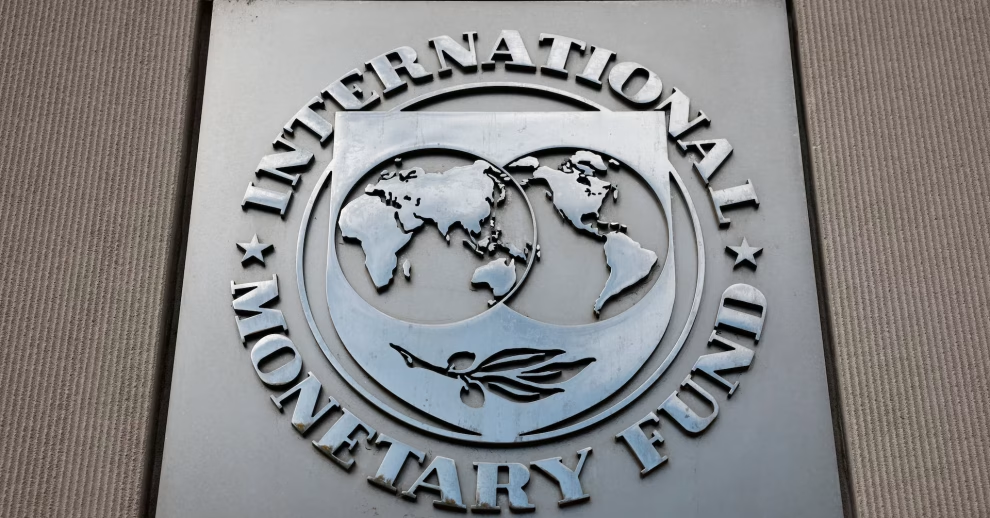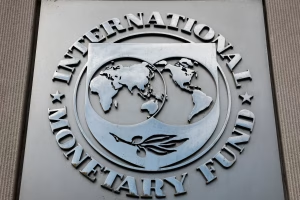The International Monetary Fund (IMF) has stated that the Nigerian government’s significant economic reforms have not yet translated into tangible benefits for the average citizen, almost two years after their implementation began.
President Bola Tinubu initiated a sweeping economic reform programme after taking office in May 2023. Both the government and the IMF have described these measures as essential to rectify the country’s public finances.
However, the reforms, which include the liberalisation of the naira currency and the removal of long-standing fuel subsidies, have coincided with a severe cost-of-living crisis for many Nigerians, described as the worst in a generation.
In a statement released on Friday, Axel Schimmelpfennig, the IMF Mission Chief for Nigeria, acknowledged that the government had taken “important steps to stabilise the economy, enhance resilience, and support growth.” This followed nearly two weeks of routine discussions between the IMF team and Nigerian government officials and civil society representatives.
Despite these steps, Mr. Schimmelpfennig cautioned that these “gains have yet to benefit all Nigerians, as poverty and food insecurity remain high.” He also warned that the economic outlook is marked by “significant uncertainty,” citing increased global instability and falling oil prices as factors that will impact the Nigerian economy.
Nevertheless, the IMF mission chief suggested that President Tinubu’s reforms had placed the Nigerian economy in a “better position to navigate this external environment.”
The reform measures undertaken by the Nigerian government include the liberalisation of the previously struggling naira, the politically sensitive removal of fuel subsidies that had kept petrol prices low for decades, and the cessation of the Central Bank’s practice of financing the government’s fiscal deficit.
In October of last year, the World Bank reported a significant surge in poverty in Nigeria over the preceding six years, stating that more than half of the population – some 129 million people – were now living in poverty. This assessment underscores the economic challenges facing ordinary Nigerians despite the ongoing reforms.





Add Comment